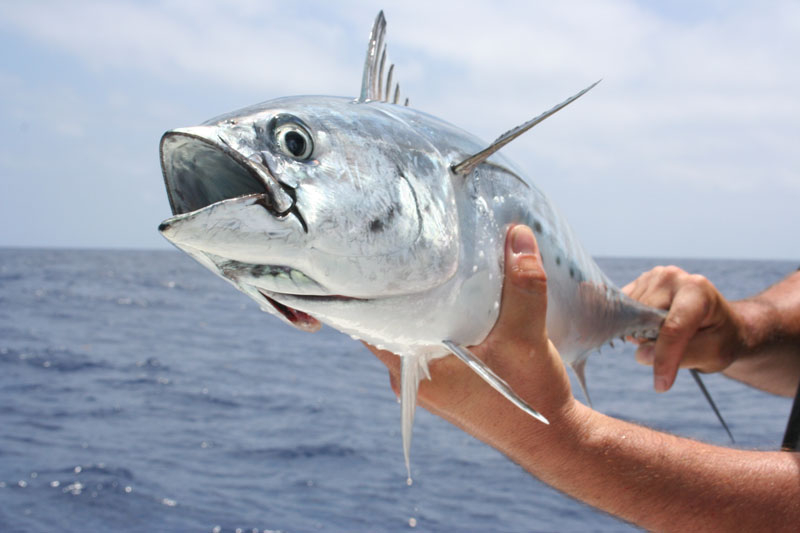In late March the Gulf of Maine Research Institute held one of their Marine Resources Education Program (MREP) workshops in Hanover, Maryland. The aim of MREP is to provide the recreational angling community and its leaders an understanding behind the science and the management process that guides their respective industries. This is not to say that policymakers and scientists don’t in return learn from the fishing community as well, and take away a better understanding of their concerns.

The first day of the seminar was filled with an overview of the recreational fisheries in the U.S., fisheries management under the Magnuson-Stevens Act, and the National Standards as set by Magnuson-Stevens Act. Also covered were data collection, population biology, and how data, science, and statistics are used in fishery assessment and management of the industry.
I received a better understanding of the complexity of policy management of the Atlantic fisheries, and how the science of data collection works and contributes to the management of those fisheries. Take-away number one: I was surprised by how much the recreational fishing industry contributes to the GDP of the U.S. In 2016 it was 2.2-percent of the economy and expenditures of $30.8 billion dollars were spent on trips for saltwater recreational fishing.
On the second full day of the workshop we received an overview of the collecting, analyzing, and reporting of demographic information for the purpose of determining the effects of fishing on the fish populations. We then received an overview of how the Fishery Management Council process works, and that of the Atlantic States Marine Fisheries Commission (ASMFC). We broke into small groups and simulated regulatory action for a hypothetical fish stock.
My takeaway from the seminar on the second day was that we all should get involved in our respective state fisheries management process, whether attending public meetings and hearings, or becoming a council member. Getting involved is important to the process.
My takeaway on the third day came when they spoke on the matter of the warming of our oceans due to climate change, in the session Dealing with Uncertainty in Assessment and Management. The session wasn’t directly about climate change, but rather addressed the uncertainty in data measurement errors, modeling estimation errors, the ecosystem process errors, implementation of policy errors, and identifying them and reducing that uncertainty.
One example is the population explosion of black sea bass in the Gulf of Maine. With the water’s increase in temperature, black sea bass have expanded their range. Are they now an invasive species? Or are they a new fishery to replace old ones that have been overfished? And will black sea bass change the entire ecosystem in the region? All these questions have yet to be answered. This example highlights the uncertainty in the science and the management of our fisheries.
We all need to do our part. We need to get involved, attend meetings to voice our concerns, and join local clubs, organizations, and associations that contribute to the restoration and management of our fisheries. We also need to report those who break the laws that govern our fisheries. If we find that our fisheries are no longer viable, where are we to turn if we sit on the sidelines and just watch? I will repeat it: get involved. As stakeholders in our recreational fishing industry, it’s imperative we do.
What is MREP?
MREP was created by fishermen, and for fishermen, to provide an inside look at fisheries science and management. Presenters of their three-day workshops are drawn from National Marine Fisheries Service offices and science centers, Fishery Management Councils, research institutions, and the fishing community. You can learn more about the program at gmri.org.
- By Eric Packard